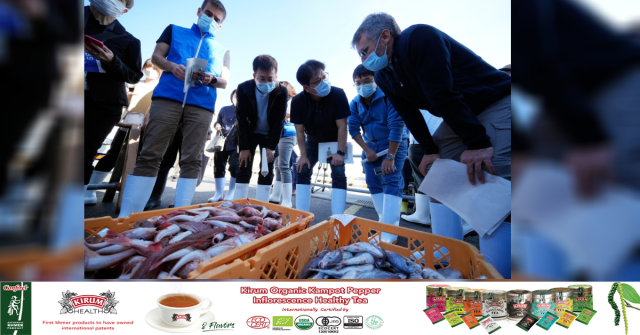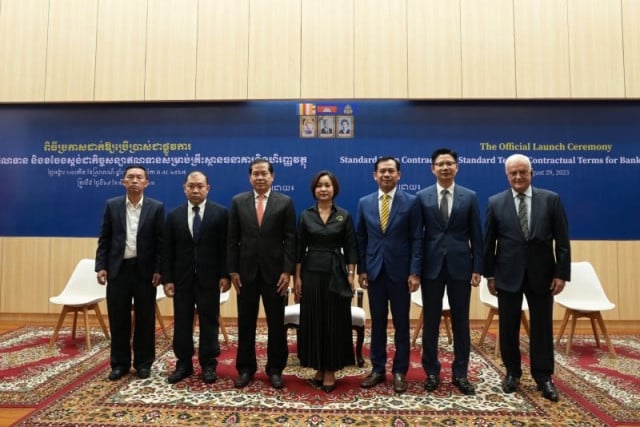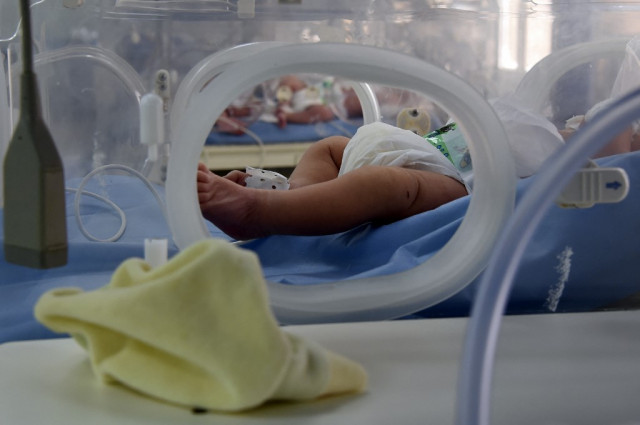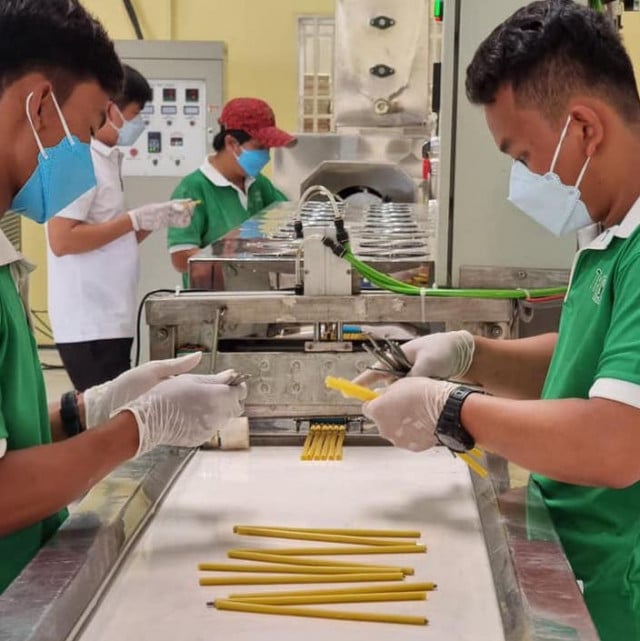UN Inspectors Test Fukushima Fish

- By Agence France-Presse (AFP)
- October 19, 2023 8:10 PM
Iwaki, Japan – UN inspectors took samples from a fish market near the Fukushima nuclear power plant on Thursday following the release of wastewater from the wrecked facility in August.
China and Russia have banned Japanese seafood imports since the discharge began but Japan says it is safe, a view backed so far by the International Atomic Energy Agency (IAEA).
Some 540 Olympic swimming pools worth of water have been collected since a tsunami sent three reactors at Fukushima-Daiichi into meltdown in 2011 in one of the world's worst nuclear disasters.
Japan says that the water has been filtered by its special ALPS technology of radioactive substances -- except tritium -- and diluted with seawater.
Japan says tests have shown that tritium levels are within safe limits.
The IAEA team comprising scientists from China, South Korea and Canada were collecting fish, water and sediment samples this week to verify Japan's findings.
Paul McGinnity, a member of the mission, told reporters that the aim was "to ascertain whether the Japanese labs are measuring and analysing properly" tritium levels.
"Tritium is the concern because tritium levels as you know are relatively high because it is not removed by the ALPS process," McGinnity said.
"I can say that we don't expect to see any change (in tritium levels), certainly in the fish. We do expect to see a small rise in levels of tritium in seawater samples very close to the discharge point. But otherwise we don't. We expect to find levels that are very similar to what we measured last year."
Samples will be sent back to labs in the team members' home countries for independent review, and the IAEA will evaluate and publish those results.
Russia this week followed its ally China in banning Japanese seafood imports, although it buys relatively small volumes.
Japan, which has called China's ban politically motivated, said Moscow's move was an "unjust" step "without any scientific basis."
The water release is aimed at making space to begin removing the highly dangerous radioactive fuel and rubble from the wrecked reactors.
© Agence France-Presse















